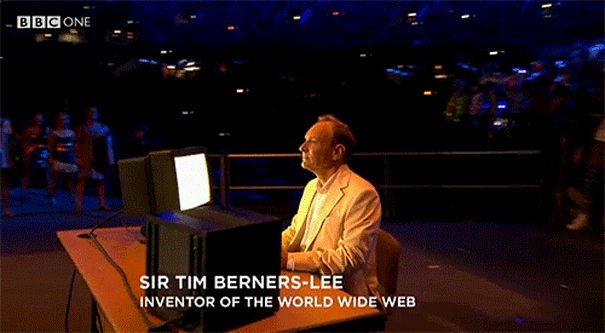August 23, 1991 – The World Wide Web was born. This day was the first day the first person got to use the World Wide Web. It was a computer scientist from CERN; Switzerland named Tim Berners-Lee.
Now, let’s get one thing clear. The World Wide Web is not the same thing as the internet. The internet is simply a network carrying information from one node to the other. It was first created in 1969, years before the creation of the World Wide Web. On the other hand, the World Wide Web is a space existing inside this network (internet) made up of web pages and documents.
History of the World Wide Web
The World Wide Web traces its roots to 1980 when Berner-Lee began creating a database of people and software for his personal use at CERN. He then played around with the idea of hypertext, where the pages he created could link to one another.
A decade later, he tweaked things further and in 1989 he proposed to the physicist’s community the idea of ‘a universal linked information system’ helping them collaborate over the internet using hypertext.
In 1990, Berner-Lee built the first HyperText Transfer Protocol (HTTP), the HyperText Markup Language (HTML), Uniform Resource Identifier (URL), the first browser, the first web pages, and the first server.
Side note: Did you know the first web page Berner-Lee built can still be found on the internet using its original URL? This site was first live back on August 6th, 1991. Click here to view it. Back then it was only available to users at CERN. It contents were basically a walkthrough on what is the World Wide Web; all it entailed back then, as simple as it now looks.
Berner-Lee had no idea the future gravity of what he had just done. The online world as we know it will be eternally grateful he decided to make it open source.
He was quoted, “Had the technology been proprietary, and in my total control, it would probably not have taken off. The decision to make the web an open source system was necessary for it to be universal. You can’t propose that something be a universal space and at the same time keep control of it.”
How much socio-economic change has WWW brought in 25 years?
There is no denying the World Wide Web has significantly shaped the modern socio-economic environment. The modern world has become an online global village thanks to Berners-Lee discovery.



